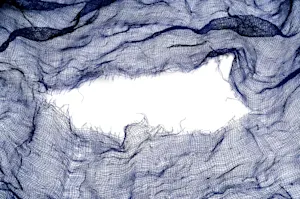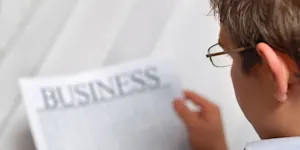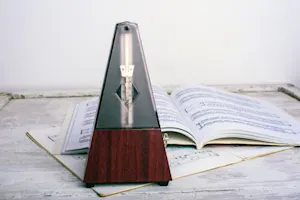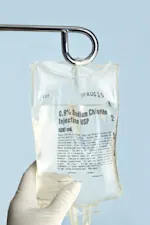What Makes This Word Tick
Ah, "scrutinize"—a word that invites us to peer deeply into detail, leaving no stone unturned. This heavyweight term in the English language prompts us to examine closely, whether we're inspecting fine art, reading the fine print, or simply verifying a fact. It's a verb tailor-made for those who enjoy a thorough examination of life's minutiae.
If Scrutinize Were a Person…
Imagine a person with glasses perched on their nose, magnifying glass in hand, always curious and driven by an insatiable need to understand the world around them. This person would have an eye for detail akin to Sherlock Holmes, with a mind that thrives on solving puzzles and unraveling layers of complexity.
How This Word Has Changed Over Time
"Scrutinize" has remained steadfast in its meaning since it first appeared in the English lexicon. Its origins suggest a more formal setting, yet today you'll hear it used from boardrooms to living rooms. Its adaptability is a testament to its relevance in an age where information is abundant and analysis is key.
Old Sayings and Proverbs That Use Scrutinize
While proverbs directly using "scrutinize" are elusive, the sentiment is captured in age-old wisdom like "the devil is in the details," reminding us of the importance of careful examination. Another is "look before you leap," emphasizing prudent evaluation before action.
Surprising Facts About Scrutinize
The word shares root origins with "scrutiny" and "scrutineer," a testament to its judicial undertones—think of vote counters in an election! It once conjured images of thorough, often methodical investigation, akin to what auditors or scientists might engage in.
Out and About With This Word
You'll find "scrutinize" turning up in places where critical analysis reigns supreme, such as in newsrooms, classrooms, and laboratories. It's a trusty tool for academics, reporters, and scientists alike, who regularly employ this action to advance understanding.
Pop Culture Moments Where Scrutinize Was Used
In the realm of pop culture, "scrutinize" enjoys regular cameo appearances in crime dramas and reality TV shows, especially when evidence is pored over to unravel mysteries or validate claims. It's the unofficial anthem of detective narratives.
The Word in Literature
"Scrutinize" often appears in detective stories or any narratives involving mystery and intrigue, where characters inspect clues to uncover truths. It holds a place of honor in genres that thrive on attention to detail, from Agatha Christie to Arthur Conan Doyle.
Moments in History with Scrutinize
The Watergate scandal and its subsequent investigation in the 1970s was an era of intense scrutiny, aligning perfectly with our word of the day. Journalists and investigators picked apart details with painstaking precision, forever changing U.S. political norms.
This Word Around the World
In French, "scruter" shares a similar meaning, while in Spanish it's "escrutar," showing how scrutiny knows no borders. Different cultures might prefer different phrases, but the essence of detailed examination is universally understood.
Where Does It Come From?
The word "scrutinize" traces back to the Latin word "scrutinium," meaning a search or inquiry. Originally, it had strong connections to religious ceremonies involving sacred inspections, implying a sense of reverence within its scrutiny.
How People Misuse This Word
Sometimes people say "scrutinize" when they mean "glance at” or “review.” These lack the depth implied by "scrutinize," which suggests a thorough, detailed exploration rather than a quick or superficial look.
Words It’s Often Confused With
Examine: While both involve close inspection, "scrutinize" suggests a more intense, meticulous process.
Inspect: This is often for compliance checks, but scrutinize implies a deeper dive.
Review: Implies a broader look at content, not necessarily in detail.
Additional Synonyms and Antonyms
Synonyms for scrutinize include analyze, dissect, and investigate. Antonyms might be overlook, ignore, or neglect—words that suggest a lack of detailed attention.
Want to Try It Out in a Sentence?
Imagine an antique appraiser examining a rare artifact: "The expert began to scrutinize the painting, eyeing every brushstroke for signs of authenticity."
















